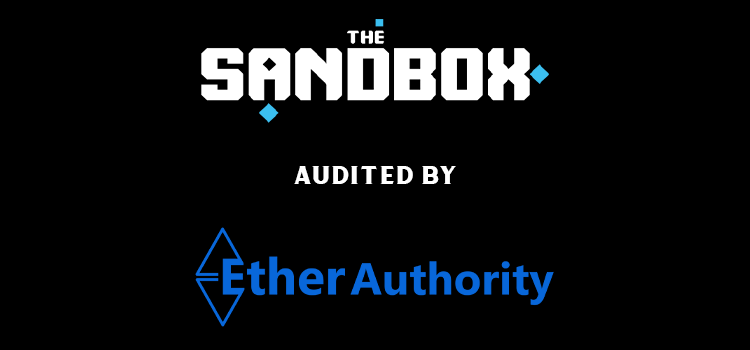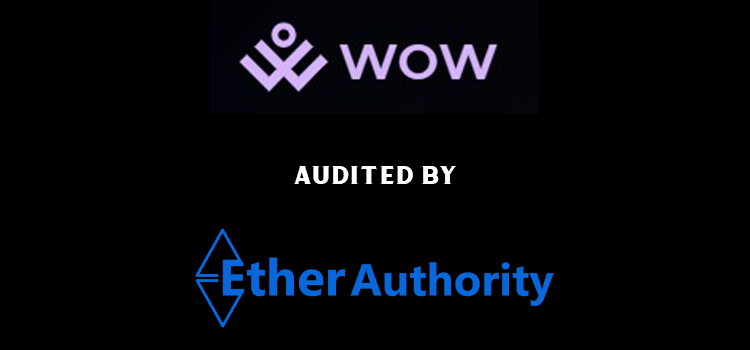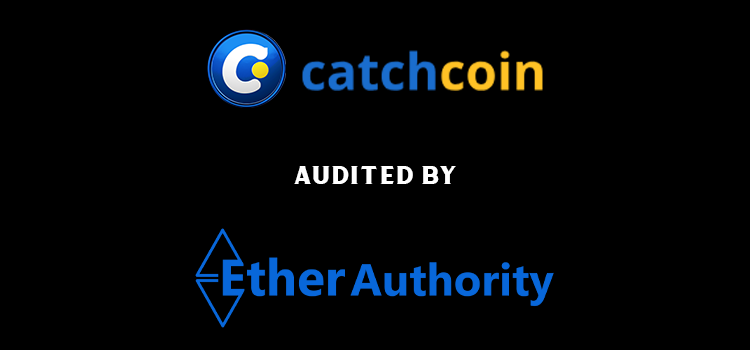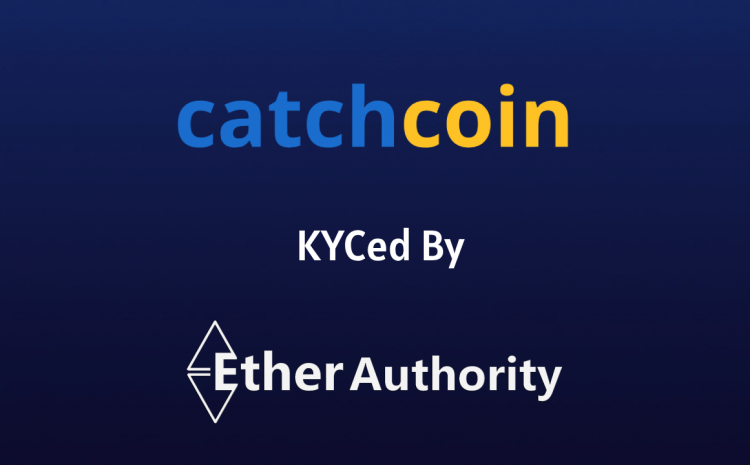
Project Background
- The SAND is a smart contract written in the Ethereum blockchain’s Solidity programming language. Let’s break down the functionality and components of the contract:
- BytesUtil Library: This library contains functions for manipulating byte arrays, including copying memory, converting addresses to bytes, and converting uint256 to bytes.
- ERC20Events Contract: This contract defines events for ERC20 token transfers and approvals.
- Admin Contract: This contract defines an administrator role and allows for changing the administrator address.
- SuperOperators Contract: This contract extends the Admin contract and adds super operator functionality. Super operators have special rights, such as the ability to transfer tokens of all users.
- ERC20BasicApproveExtension Contract: This contract provides additional functionality for approving and calling contracts with data. It includes methods for approving transfers and executing calls with specific gas limits.
- ERC20ExecuteExtension Contract: This contract extends the SuperOperators contract and adds execution administrator and operator functionality. It allows for executing calls on behalf of the contract with specific gas limits and charging tokens for gas used.
- ERC20BaseToken Contract: This contract implements the basic functionality of an ERC20 token. It includes methods for transferring tokens, checking balances, and approving transfers.
- Sand Contract: This contract implements the SAND ERC20 token. It inherits functionality from ERC20ExecuteExtension and ERC20BasicApproveExtension contracts and initializes the SAND token with an initial supply of 3 billion tokens.
- Overall, the provided code constitutes a comprehensive ERC20 token implementation with additional features such as super operators, execution administrators, and extended approval and execution functionalities. The SAND token is designed to be used within the Ethereum ecosystem for various purposes such as payments, governance, or utility within decentralized applications (dApps).
Website: sandbox.game
Executive Audit Summary

- According to the standard audit assessment, the Customer`s solidity smart contracts are “Secured”. Also, these contracts contain owner control, which does not make them fully decentralized.
- We used various tools like Slither, Solhint and Remix IDE. At the same time this finding is based on critical analysis of the manual audit.
- We found 0 critical, 0 high, 0 medium, 0 low and 6 very low-level issues.
Audit Report in PDF
Audit Report Flip book
Please wait while flipbook is loading. For more related info, FAQs and issues please refer to DearFlip WordPress Flipbook Plugin Help documentation.




